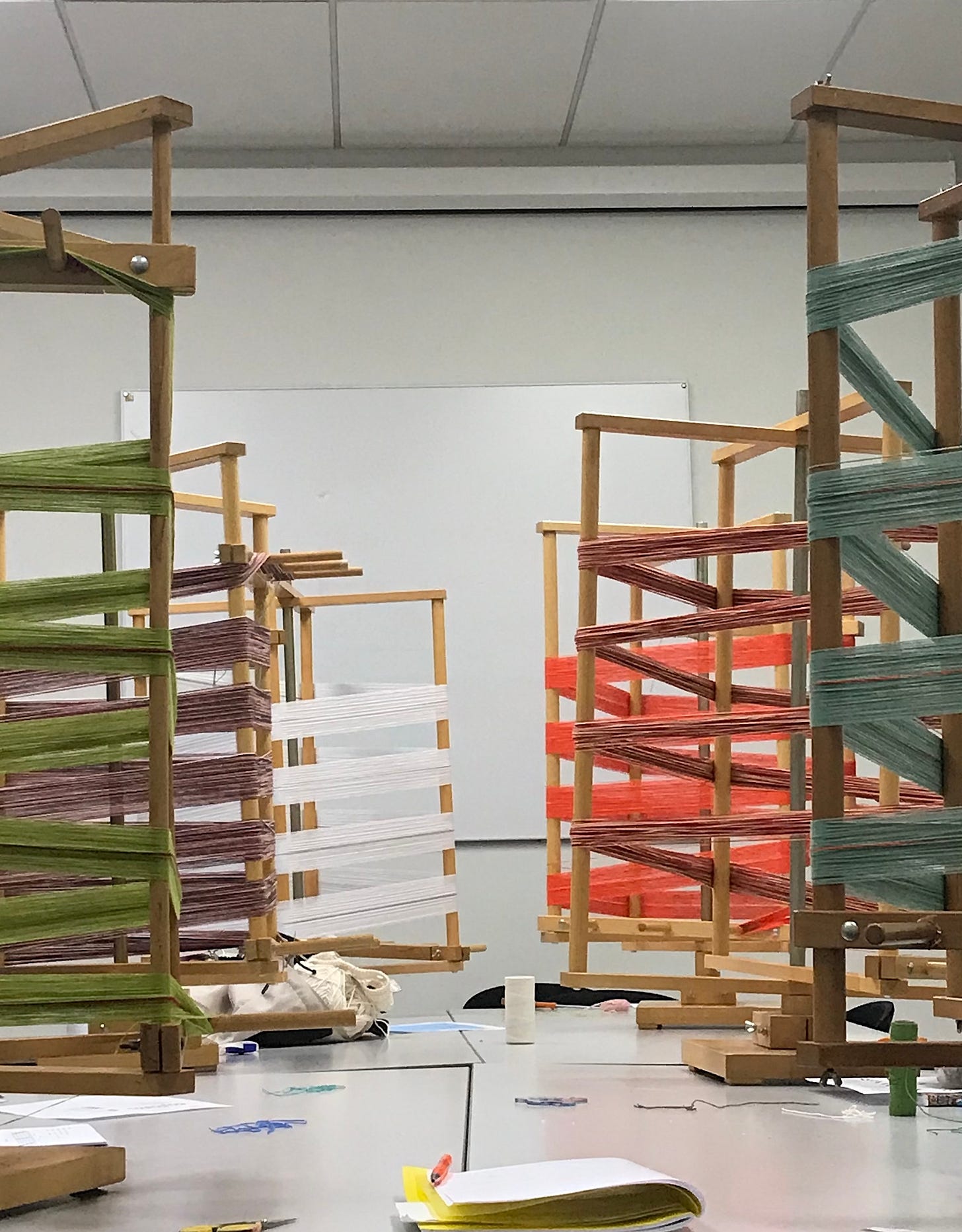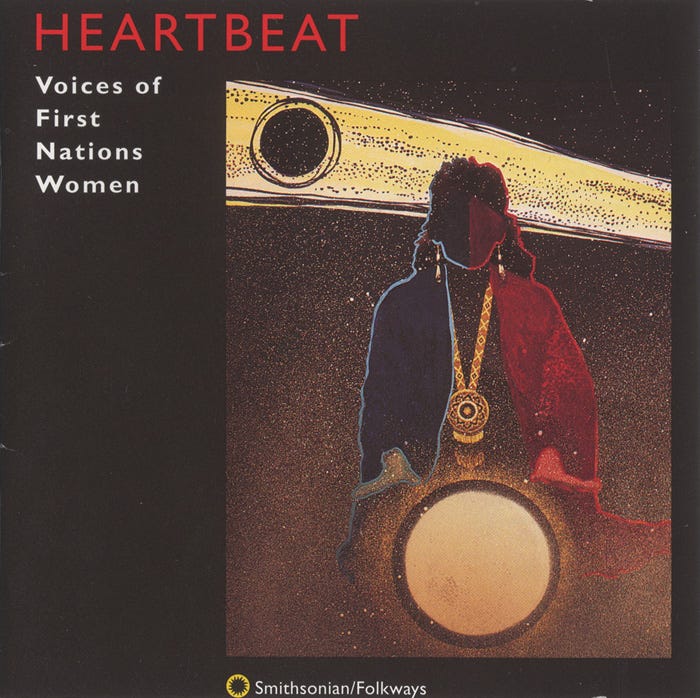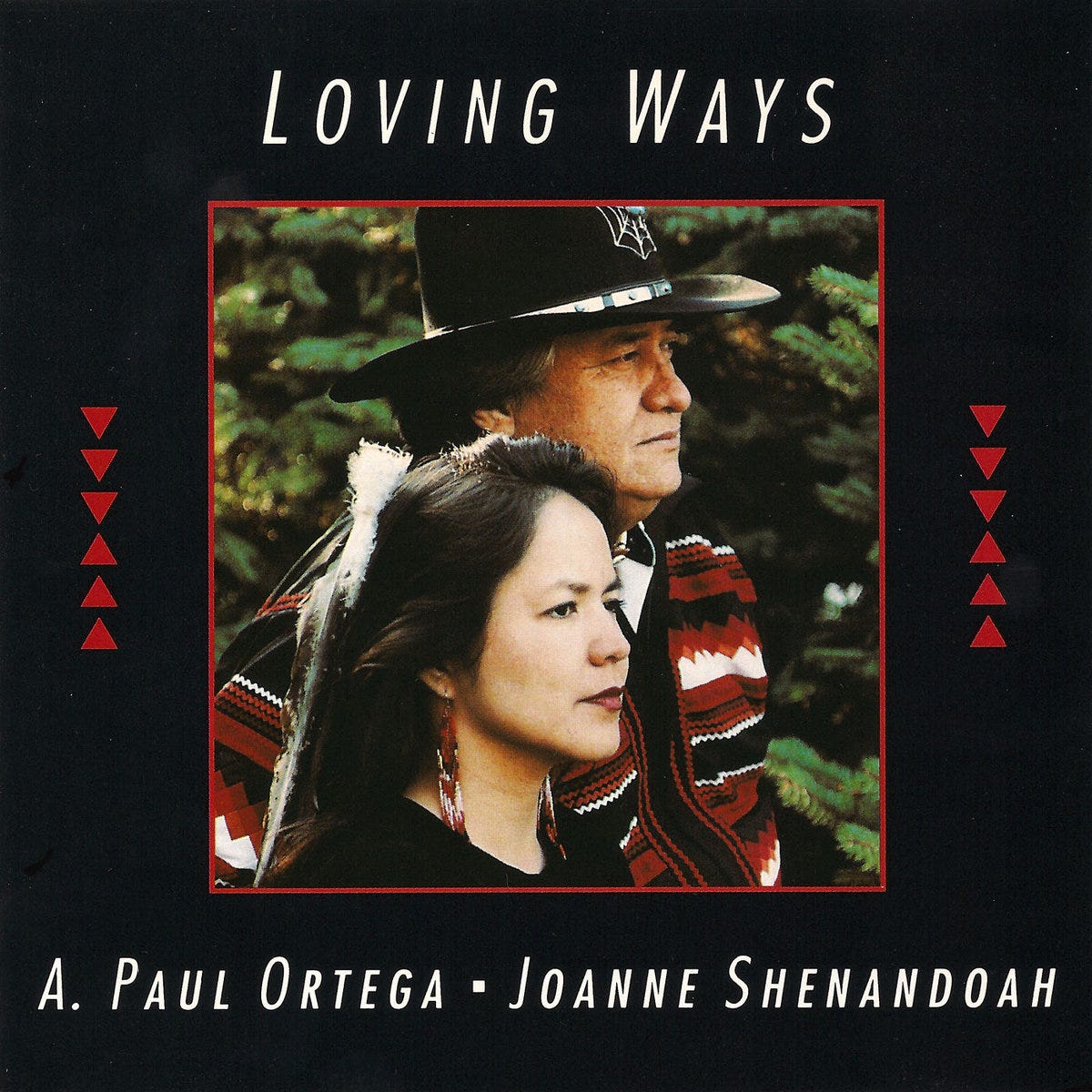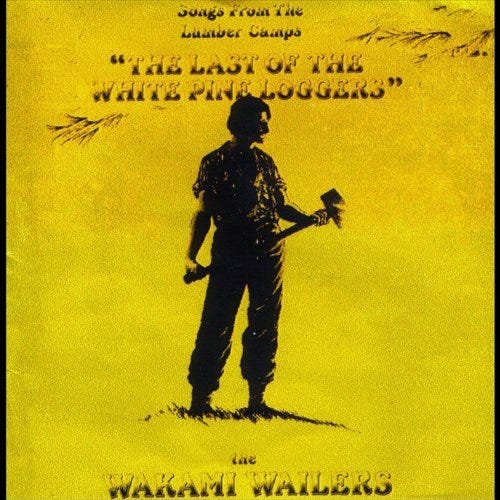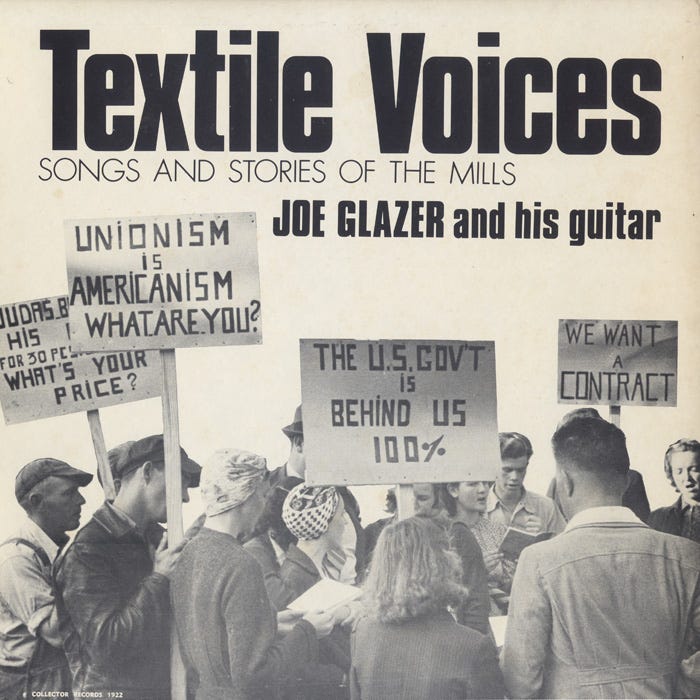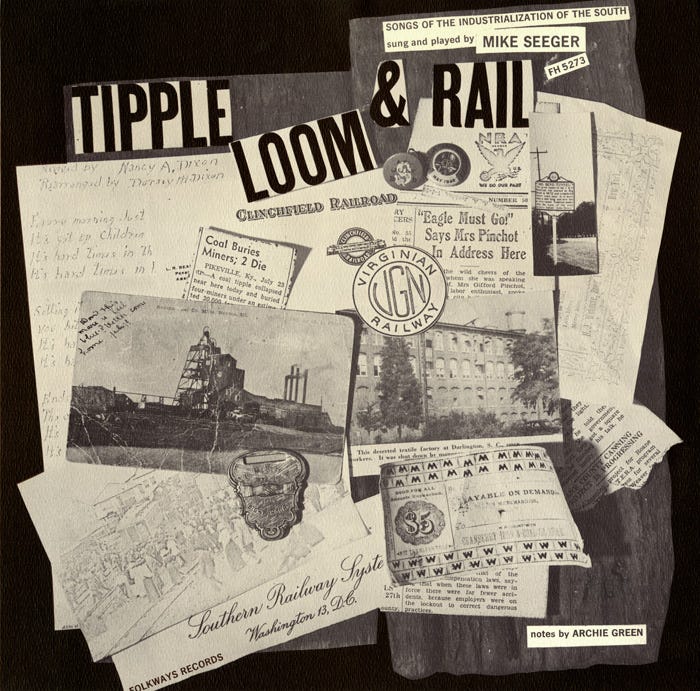February Link Roundup
February was Fundrive month at CKUW, and we blew our show goal of $700 out of the water, raising an incredible $1184—hundreds more than we’ve raised in any past year. Another heartfelt thank you to everybody who donated to the show and the station; CKUW could not persist without the help of its listeners, who show up year after year to demonstrate just how important community radio is.
In other show-related news, I’ve unexpectedly been nominated for the Winnipeg Nightlife & Lifestyle Awards under the “Radio/Podcast Host” category—feel free to cast your vote if you feel strongly one way or the other.
And in personal news, February has unsurprisingly been another busy month. It’s my reading week right now, but you wouldn’t know it—I was at school for five hours yesterday, winding yarn onto a loom as we prepare to learn weaving. I’m looking forward to combining my interests in fibres and folk music later in the semester, when I’ll produce a piece based on the idea of the historical hobo.
For another example of the intersection between textiles and folk music, just keep reading…
Videos
2 Pieces of Archival Footage
Mississippi John Hurt made his first recordings for Okeh Records in the late 1920s, but with the Great Depression he faded back into obscurity until 1952, when Harry Smith included his music in the incredibly influential Anthology of American Folk Music. A decade later in 1963, the folklorist Dick Spottswood was prompted to locate Hurt in his hometown of Avalon after his recording of “Avalon Blues” was rediscovered. That same year, Hurt performed at the Newport Folk Festival, which brought further attention to his music, and he later toured the country and recorded three more albums. This is footage from his appearance at the 1963 Newport Folk Festival.
Here’s a clip of Nimrod Workman performing “Oh Death” in 1983 when he was about 88 years old. Workman was a coal miner for four decades until black lung forced him to retire, and he spent his retirement advocating for other miners living with black lung. He was also a renowned traditional singer; he performed around Appalachia and at the Smithsonian Folklife Festival, and also received the National Heritage Fellowship from the United States National Endowment for the Arts, the highest honour for American folk artists. Workman lived for eleven years after this video was made, dying in 1994 at the age of 99.
1 Film Clip
Like many, I’ve always been aware of Marilyn Monroe as a cultural figure, but I never really got to know her work until relatively recently. Last year, we played this track on what would have been her 97th birthday, and we revisited the song again during our money-themed Fundrive show on February 22nd. It’s easy to see why she became so influential; her talent and natural magnetism are undeniable.
Albums
3 Fantastic Indigenous Recordings
Heartbeat: Voices of First Nations Women is an album we’ve pulled from quite a bit since we first learned of it in early 2022. It’s a great collection of traditional and contemporary songs by Indigenous women from across the continent. We played Betty Mae Jumper’s recording of “Hallelujah” on February 29th.
Loving Ways is a recent discovery—we played our first track from it on February 29th—but we’ve loved A. Paul Ortega and Joanne Shenandoah for ages, so it’s great to hear them together on this recording. Shenandoah also appears on Heartbeat.
Kev Carmody is another recent discovery. We played his song “I’ve Been Moved” from this album on February 29th. The song also appears on the 2007 album Cannot Buy My Soul, which is a tribute to Carmody that acts as good introduction to his music.
3 Whole Albums of Lumbering Songs
We simply love lumbering songs on Barking Dog, and Songs of a New York Lumberjack is one we’ve turned to throughout the years, though we neglected for awhile until this month when we played “The Raftsman’s Song.” Stekert collected all the songs on the album from one man named Ezra “Fuzzy” Barhight, who worked as a lumberjack in Pennsylvania.
Lumbering Songs from the Ontario Shanties is another one we play a lot on the show. Edith Fowke was one of Canada’s great folklorists, and she collected this series of shanty (lumber camp) songs in the late 1950s from men between the ages of 30 and 84, nearly all of whom had worked in the lumber woods at some point. A great document of Canadian folk history.
This is another great Canadian lumber camp album, recorded by the Wakami Wailers in 1985. The Last of the White Pine Loggers isn’t a collection of field recordings, but it captures the songs well. We played “Save Your Money While You’re Young” on February 22nd, along with an earlier version of the song from Fowke’s album.
2 Albums of Industrial Songs
Joe Glazer was a folk musician and labour activist from New York who recorded over 30 albums during his career. Every single one of his albums combines music and labour activism. Glazer recorded this album in support of the Textile Workers Union of America (now part of UNITE HERE) in 1975, and we played “Hard Times in the Mill” on February 15th.
Tipple, Loom & Rail: Songs of the Industrialization of the South also incorporates textile workers’ songs, as well as songs about coal mining and railroad labour. Mike Seeger recorded it in 1966, and we played “Hard Times in These Mines” on our “hard times” Fundrive episode on February 15th.
1 Collection to Explore
If you’ve listened to more than one episode of Barking Dog, you’ve likely heard a song from an issue of Fast Folk Musical Magazine, a cooperative that aimed to reinvigorate the New York folk scene, releasing over 100 albums between 1982 and 1997. You can look through every issue on the Smithsonian Folkways website, and remember: the liner notes to nearly every Folkways release are readily available as a PDF! (See below for details)

Articles
Gerde’s Folk City was one of the most important performance spaces for folk artists in 1960s New York City. This is a nice, short article about the venue’s significance and its closure in the 1980s.
This is a good old fashioned webpage from the Kentucky radio station WSGS about the “Singing Miner” George Davis, whom we often play on the show. There’s some general information about Davis and his career as a broadcaster, as well as reminiscences from people who recall listening to his shows.
Miscellany
Oscar Brand was a Winnipeg-born folk musician and radio broadcaster who hosted Folksong Festival on WNYC for over 70 years. He received a Guinness World Record for the longest-running radio program with the same host! This is WNYC’s page on Brand and his show, with some nice examples of his work throughout the years.
We play both Mississippi John Hurt and Alice Stuart pretty often on the show. They formed a friendship at the Berkeley Folk Music Festival in the 1960s, and often performed together after that. I found this nice picture of them together at the Berkeley Folk Festival in 1964, the year they met. The collection the photo is from has a tonne of other great materials from the festival’s history; check it out here.
That’s all for this month’s roundup. If you want to suggest any music or theme ideas for the show, feel free to get in touch in the comments, on my website, or at ckuwbarkingdog@gmail.com. Thank you again to everyone who donated to CKUW during the Fundrive! I’ll catch you back here in a month.




